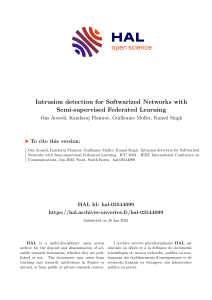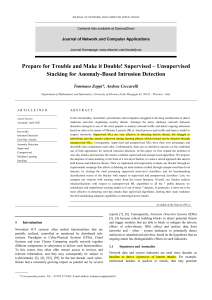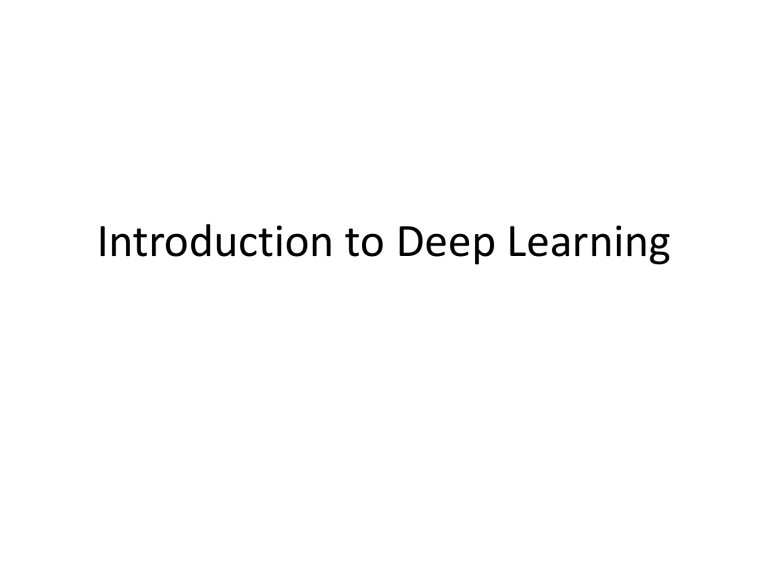
Introduction to Deep Learning Outline • • • • • What is Deep Learning? Types of Deep Learning Applications of Deep Learning Why Learn Deep Learning? Agenda – Today, we will explore the basics of Deep learning, delve into some common algorithms, and look at realworld applications. What is Deep Learning? • Deep learning is a subfield of artificial intelligence that provides systems the ability to automatically learn and improve from experience. Types of Deep Learning • Supervised Learning: Models are trained using labeled data. • Unsupervised Learning: Deals with unlabeled data. • Reinforcement Learning: Involves agents who take actions to maximize rewards. Supervised Learning • Introduction – Supervised learning is a type of Deep learning where models are trained on a labeled dataset. • Components – Features: Input data points. – Labels: Output data points. – Model: Algorithm that maps features to labels. • Common Algorithms – Linear Regression – Decision Trees – Support Vector Deeps • Applications – Spam Filtering – Image Classification – Credit Scoring Unsupervised Learning • Introduction – Unsupervised learning works with unlabeled data and aims to identify patterns. • Types – Clustering – Association – Dimensionality Reduction Reinforcement Learning • Introduction – Reinforcement learning involves an agent that learns to make decisions to achieve a goal. • Components – Agent – Environment – Reward Applications of Deep Learning • Healthcare: Disease prediction. • Finance: Fraud detection. • Automotive: Self-driving cars. Applications Example: Fraud Detection • Use Case – Detecting fraudulent transactions in a financial system. • Techniques – Anomaly Detection – Classification Algorithms – Data Enrichment Why Learn Deep Learning? • Career Opportunities – Deep learning engineers are in high demand. • Innovation – Contribute to cutting-edge technologies. • Problem-Solving – Address complex issues in various fields.
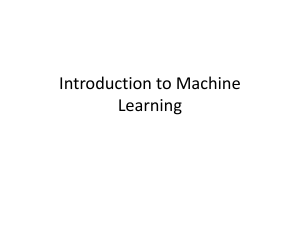
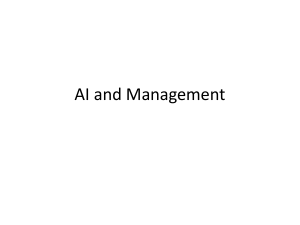

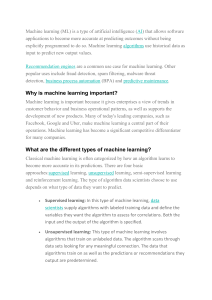
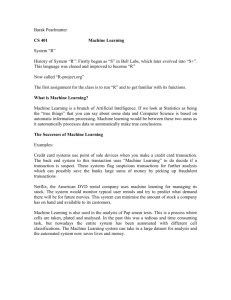
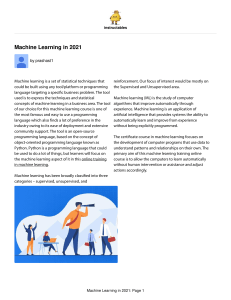

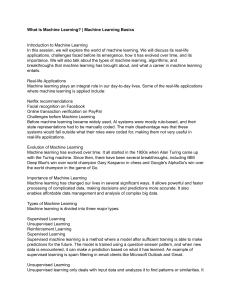
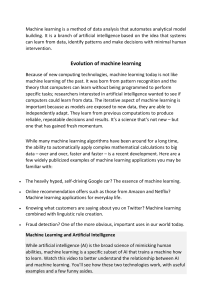
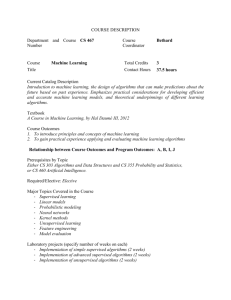

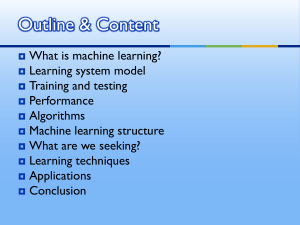
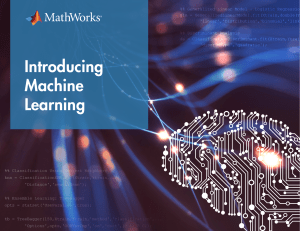


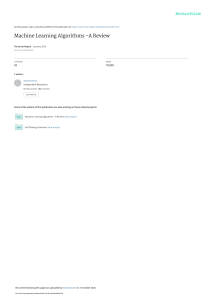
![[KtabPDF.Com]xrwA7TEBGp](http://s2.studylib.net/store/data/027220026_1-6eb74a2c7c8a36ad8e1f10f82ffa4816-300x300.png)
